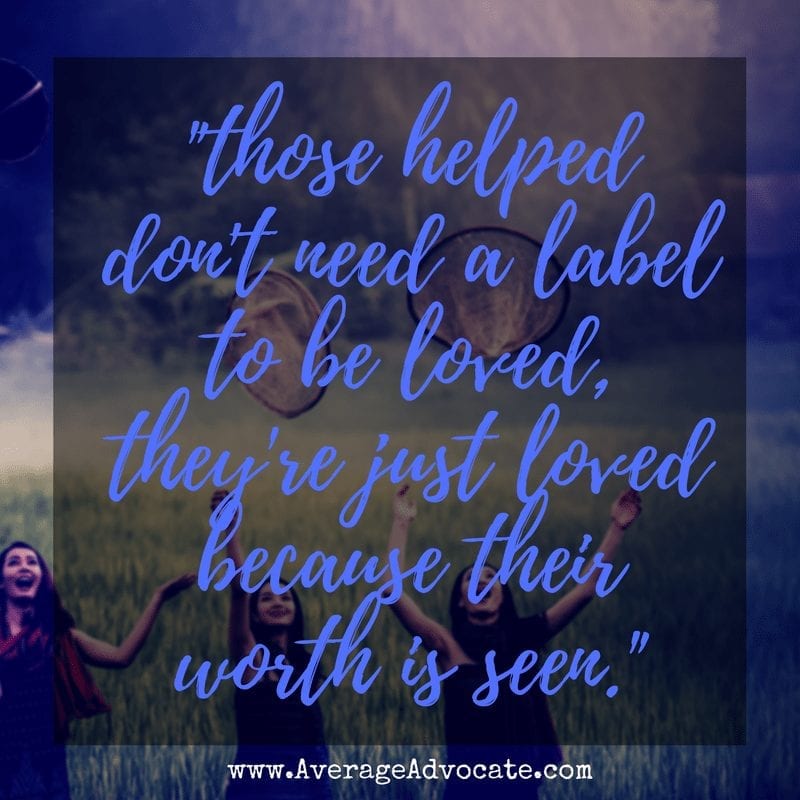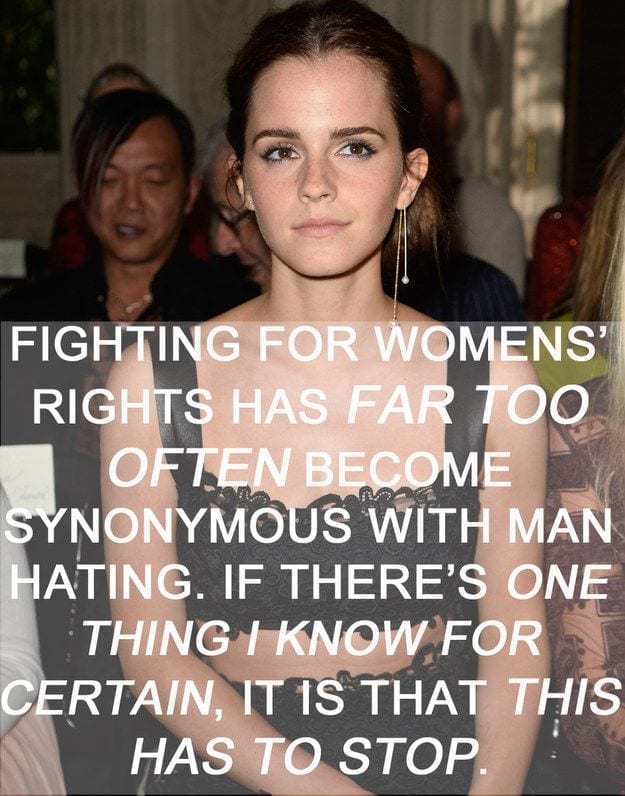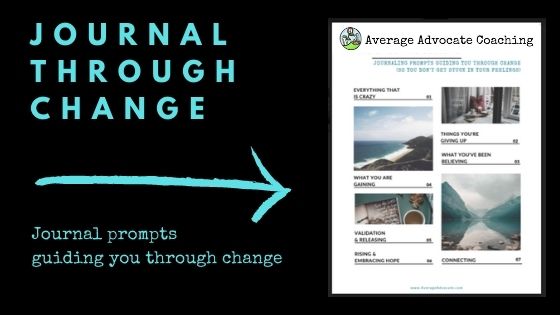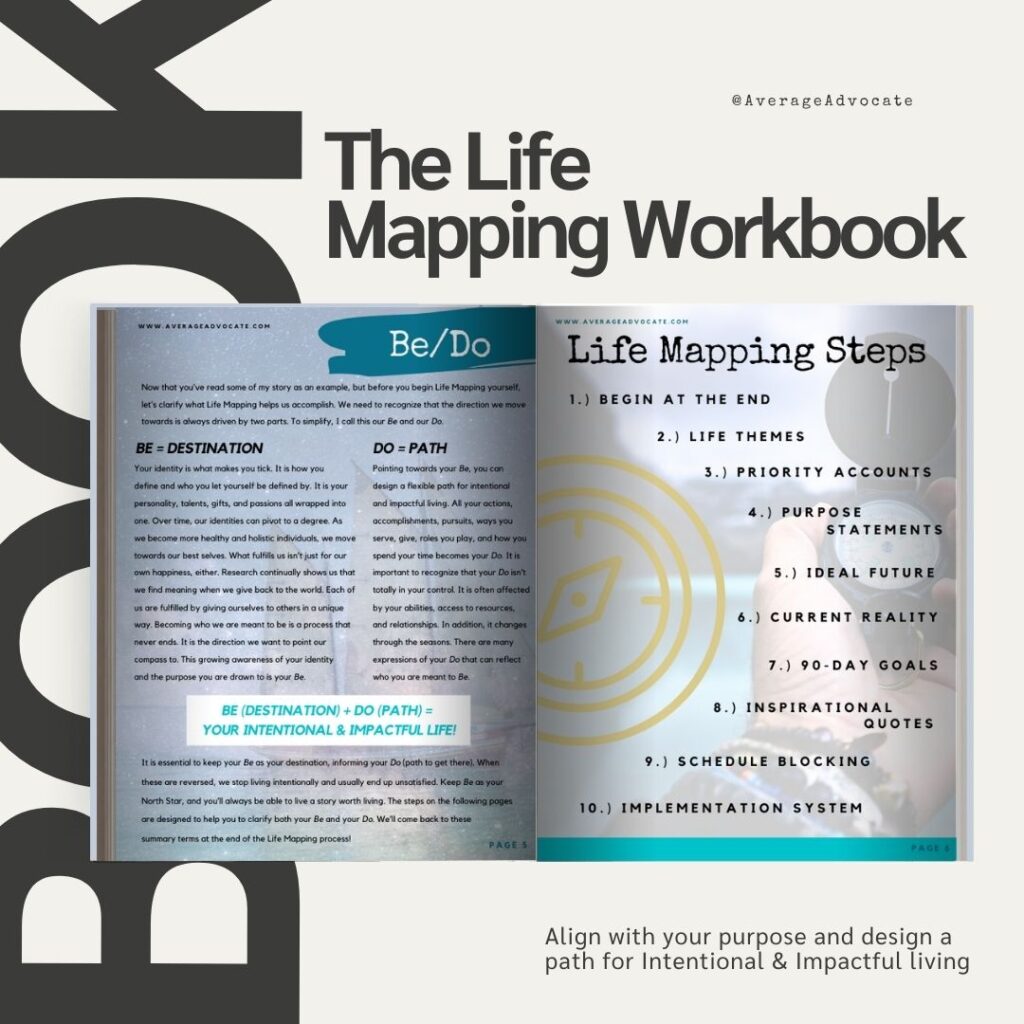This review is on the book Fast Living by Scott C. Todd (September 2011). This book was released along with the Live 58 Movement and 58: The Film. If you are interested in figuring out what these are, check out Average Advocate’s review and explanation by clicking here. I really enjoy hearing what stood out to the author of this guest post, Aimee, about the power we have as advocates to fight extreme poverty where we are.
Are You Still Munching on Potato Chips?
I just finished reading the book Fast Living by Scott C. Todd. One word: inspiring! I am resolved to do more… much more… to end extreme poverty in our lifetime. I want to live the fast of Isaiah 58!
First of all, let’s define what the book refers to as extreme poverty. It is defined by the World Bank as life on less than $1.25 per day. As of 2005, the World Bank estimates there were 1.4 billion people in that condition.
In the last generation {from 1981 to today}, we have seen the extreme global poverty rate fall from 52% {of the world’s population} to 26%. It is believed that we can continue that downward trajectory in this generation {from today to the year 2035}… from 26% to zero!
Imagine a young couple in the labor and delivery room experiencing the birth of their first child. Hear her groans, see the sweat, and feel the anxious tension. Now place a bag of potato chips in the husband’s hands and picture him munching away as he watches his wife give birth. As if it were on TV. It’s just wrong!
… in sacred moments, we do not eat. It seems wrong to eat.
… fasting is a natural response. Like not eating during your wedding vows because the moment is too sacred. Like not eating as you look into the casket at a funeral because the moment is too grievous.
… fasting is a response to a very serious situation, not a device to take us from a good level to a better level. It’s something you do when circumstances are bad enough that you don’t want to eat and it would seem wrong to do so. Or when circumstances are incredible enough that you don’t even think about food.
We’re living in a grievous sacred moment.
Grievous because over twenty-thousand children continue to die every day from preventable causes. Grievous because we give far less that 1 percent of our personal income to anti-poverty work. Grievous because our nation allocates only 0.17 percent of its budget to help the poor. It feels like we are munching potato chips while staring into the casket.
It is a sacred moment because our generation has the unprecedented and history-making opportunity to eradicate extreme poverty from earth. This is our moment. And if we feel the trembling possibilities of this moment, we won’t even be able to think of munching down the chips.
When we feel in our gut what God feels when hungry children die while those who claim His name spend millions on worship centers, we will physically respond. We will be compelled to drill water wells in Africa, fright government corruption, and ensure that children don’t go hungry.
If we are serious about living the True Fast, then we will be serious about our thinking, use of resources, and even our habits. We will create a culture of effective Christian generosity with the objective of ending extreme global poverty.
Furthermore, as a mom… here are three thoughts from the book resonated very well with me.
Christian relief and development organizations operate over five billion dollars per year in anti-poverty work (page 146).
American Christians have been made stewards to $2.5 trillion per year in income, and we will go shopping with it. We can create powerful new markets for social good focused on ending extreme poverty (page 145).
Reward companies that champion social causes, such as clean water, education, combating preventable disease, sustainable agriculture, and many other poverty-fighting efforts. Buy fair trade. Don’t worry about whether companies are using these efforts as “marketing gimmicks.” They are marketing gimmicks and we want these gimmicks to work (page 146).
Ending extreme global poverty is a twenty-five year endeavor. Today’s fifteen-year-olds will be turning forty as we run the last (and most difficult) mile, and they will be carrying the baton. How hard they will run then depends on their engagement today (page 174).
If we intend to raise up an army of Christ-followers who will pursue justice for the oppressed and who will fight the adversary in a world afflicted by poverty, then we must begin training our youth for that fight. They are our greatest asset. They are young and full of energy. They are uncompromising idealists and they actually believe that God is all-powerful (page 178).
You can start by checking out one of the following organizations:
Famine and hunger are permanently abolished. Children born in Africa are just as likely to have a fifth birthday party as children born in America. School completion and literacy rates are above 90 percent. Death by mosquito is eradicated. The invisible terrorists in African drinking water are disarmed, eliminated, or rendered harmless (paraphrased from page 186).
The guest writer of this post, Aimee, authors the blog A Mom on a Mission: Unwrapping more of His love in this world. She is passionate about acting justly, loving mercy and walking humbly with God (from a verse in the Bible- Micah 6:8). She is a wife and a mom of two kids (and “mom” of a lot of sponsorship kids in other countries). Amiee works as a Volunteer Compassion Coordinator in Canada. You can follow her on twitter too: @Mama2GreatKids













Aimee, great and passionate review. Very inspiring. I too loved this book and found it so practical. This book would make a great small group study, and there’s a free discussion guide available now at http://live58.org/downloads/fast-living-readers-guide.pdf
Thank you for dropping by… and thanks for the link to the small group discussion guide!
I just found your page searching to find out more about the Isaiah 50 project. I just saw it on Netflix and I’m about to watch it. I’m thinking it’s going to be another bead on the long string of events God’s been putting in my life lately to turn me upside down. I love your articles, I subscribed to them by email. I recently switched my blog from focusing mainly on natural parenting to trying to build a community of Mom’s dedicated to changing the world. I’d love for you to come be a part!
Oh, how exciting! I love finding out someone likes and finds helpful what I post on here! Yes, the Live58 movement is pretty cool. I love reading their blog too 🙂 I would love to be part of your community considering that is what I am trying to do here 🙂